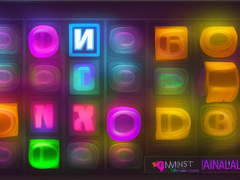Understanding multiplication tables up to 100 is fundamental for mastering basic arithmetic skills. A multiplication table, or times table, is a grid that shows the product of two numbers. This essential tool helps learners perform calculations quickly and efficiently. In this article, we will explore the multiplication table up to 100, its structure, and its practical applications.
Structure of the Multiplication Table
The multiplication table up to 100 consists of a grid where the rows and columns are labeled from 1 to 10. Each cell in the grid represents the product of the corresponding row and column numbers. For example, the cell at the intersection of row 4 and column 5 shows the product of 4 and 5, which is 20. This table helps students visualize and memorize multiplication facts, making it easier to perform calculations.
Practical Applications
Understanding the multiplication table is not just an academic exercise; it has real-world applications. For instance, it helps in solving problems related to budgeting, cooking measurements, and scheduling. Knowing multiplication facts enables quicker problem-solving and enhances mathematical confidence. It is particularly useful in various professions where quick mental calculations are required.
Tips for Learning the Multiplication Table

To effectively learn the multiplication table, practice regularly and use mnemonic devices or patterns. For example, recognizing that multiplying by 10 always adds a zero can simplify calculations. Flashcards and interactive games can also make learning more engaging. Consistent practice helps in reinforcing the multiplication facts and improving overall arithmetic skills.
In conclusion, mastering the multiplication table up to 100 is crucial for building a strong foundation in mathematics. It not only aids in academic settings but also has practical applications in everyday life. With regular practice and effective learning strategies, anyone can become proficient in multiplication.









